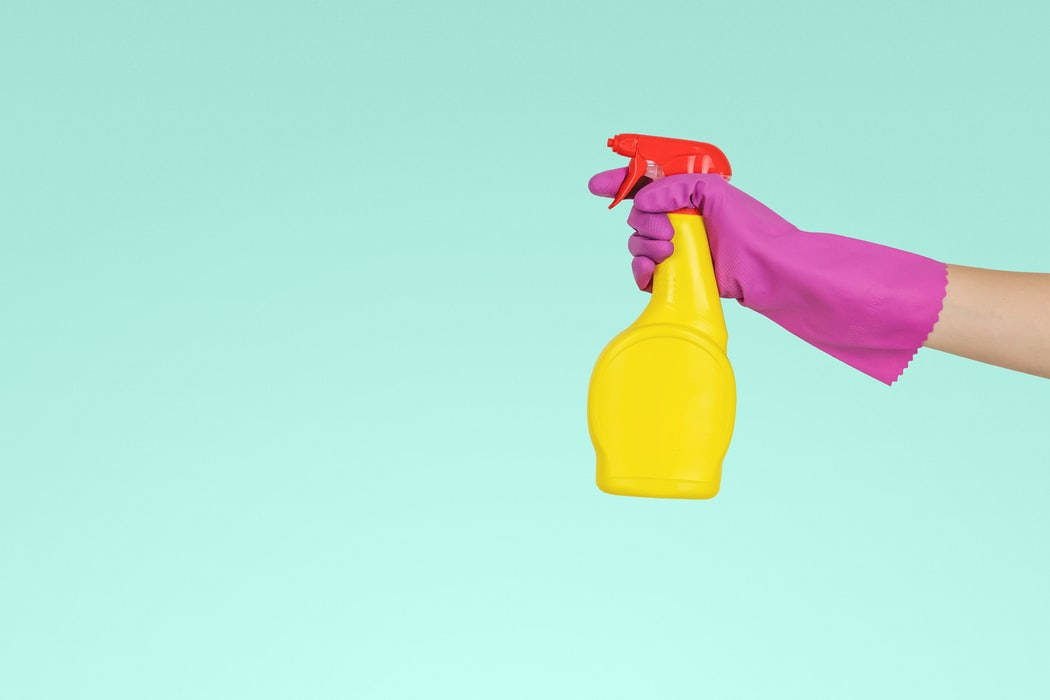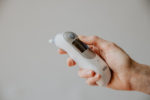As we all know, “Wash your hands” is the message that is (quite rightly) most frequently repeated to us as the way of minimising your exposure to Coronavirus ( Covid-19 /C19).
Covid-19 is mostly likely to be caught through touch we’re told as we then transfer it to our faces/eyes/noses/mouths.
Most of us are doing all we can, but, for whatever reason, some people don’t seem to be as bothered.
Public transport
Travel around the Island on the buses and to/from the Mainland on ferries are modes of transport that are used by a wide range of people and using them is something many of us need to do.
Given this, we went to those companies and asked what cleaning routines they were doing to protect Islanders when we use their services.
OnTheWight wrote to them at Midday on Monday and followed it up today.
Their answers are laid out below.
Zero details received from Wightlink
All provided answers, but Wightlink failed to provide any response whatsoever, so we’re not able to tell you any of the details of what steps they are taking to try and keep the public as safe as possible (apart from the brief details on their Website).
See operators’ answers
You can either scroll through the article, or jump to the companies responses by clicking on their name below:
Southern Vectis
Their page on C19
1 – Can you please detail what active steps Southern Vectis are taking to clean surfaces.
In line with all bus operators, we have extensive cleaning regimes that maintain high levels of hygiene for passengers to protect the health and well-being of our customers and employees. These regimes are carefully monitored and reviewed. We are ensuring a greater focus on high-touch areas, and increasing activity where necessary.
2 – Which surfaces are being regularly cleaned? How often?
We are cleaning the main ‘touch points’ on buses every night with anti-viral wipes. This includes hand poles, bell push buttons, seat handrails and so on.
3 – What chemicals are you using to carry out the cleaning?
Our enhanced cleaning includes additional substances that kill viruses and bacteria on contact. These add to our already-high hygiene levels and work to reduce the risk of coronavirus spreading
4 – How often are handrails cleaned? What is used?
Every night.
5 – And other ‘High touch areas’?
Every night.
6 – Do you carry out deep cleaning overnight? What does this entail?
All vehicles in addition to daily cleans are subject to a deep clean in line with their four week maintenance cycle. The vehicles are washed every night, weather permitting. They are swept and spot-mopped and any stains removed where possible. On the deep clean, the full vehicle is mopped and sanitised, seats vacuumed, seatbacks cleaned, windows, window ledges, side panels, poles and grab rails, roof panels all cleaned. Depending on seat condition they could also be wet vacuumed if required.
7 – Does your air conditioning recycle the air within the vehicle, or vent/pull in fresh air?
Our buses don’t have passenger air conditioning, they all have opening windows to draw in air from outside.
Wightlink
Their page for C19
Wightlink was the only company to fail to provide any response whatsoever, so we’re not able to let you know any of the details of what steps they are taking to try and keep the public as safe.
Red Funnel
Their page on C19
1 – Can you please detail what active steps Red Funnel are taking to clean surfaces.
We have further enhanced the normal cleaning schedules to continuously cover high-touch areas with more frequency. We are using the recommended broad-spectrum sanitiser on all public, crew and bridge team areas. Across the business we have increased the amount of hand sanitiser dispensers and increased the communications regarding handwashing and personal hygiene for staff and passengers. We have also stipulated that all staff wear protective gloves for both their own protection and to minimise the potential transmission, and we are ensuring the correct personal protective equipment is worn whenever recommended. We are also removing some non-essential equipment from terminals and vessels to minimise high-touch points.
2 – Which surfaces are being regularly cleaned? How often?
All areas of the ships and terminals are subject to a high frequency cleaning scheduled, but we are paying particular attention to specific high-touch areas including, but not limited to, hand rails, door plates, door handles, chair grab points, lift buttons, taps, counter tops, sink areas, radios, light switches etc. These are being cleaned continuously on a rotational cleaning schedule.
3 – What chemicals are you using to carry out the cleaning?
Red Funnel is using recommended and highly concentrated industry-standard cleaning products. These include a multi-surface cleaner for general soil removal and hard surface cleanliness, as well as a recommended sanitiser to remove bacteria and reduce the risk of other pathogens.
4 – How often are handrails on the stairs to/from the car decks cleaned? What is used?
Red Funnel say this question was answered in the other responses, but OnTheWight cannot find any record of that.
Their Website says, “We have also increased our investment in cleaning services and have escalated the schedule of sanitisation in high hand contact areas. (i.e. We’re cleaning the most high-traffic areas even more frequently than we already do)”
5 – And other ‘High touch areas’?
See above.
6 – Do you carry out deep cleaning overnight? What does this entail?
The current and specific advice is that deep cleaning is only advisory in areas that have definitely been exposed to pathogens. Deep cleaning requires a minimum of six hours with no human presence to be effective and, we have plans in place should the need to deep clean arise, but to date, this has not been necessary and we are confident that our rigorous cleaning schedule is keeping our ferries as safe and clean as possible. We continue to comply with all guidance and advice from government and legislative bodies and are ready to react to changes in this if required.
7 – Does your air conditioning recycle the air within the craft, or vent/pull in fresh air?
None of our vessels are ‘sealed environments’ and therefore fresh air flows through naturally. Air conditioning units continue to be cleaned as normal in line with advice, however we will continue to follow guidelines and react if changes are required.
Hovertravel
Their page on C19
Hovertravel already had a lots of detail on their Website (below), which we felt answered a lot of the questions we’d asked.
We did ask them in addition how often the areas were being cleaned, as they had just said, with “an increased frequency”. Hovertravel choice not to answer this, despite being re-prompted.
1 – What is Hovertravel doing to prepare for the coronavirus?
We have set up an internal team to monitor the situation and are currently operating as normal. We are ready to adopt any changes which may requested by our governing bodies.
2 – What extra measures are you taking?
We are enforcing good hand hygiene among our staff in line with the advice from Public Health England.
We are also cleaning our hovercraft after every service with recommended anti-bacterial sprays, as well as introducing an increased frequency for cleaning the terminals throughout the day, both with a focus on door buttons, grab handles, tables and all touch points.
Additionally we are suggesting that customers scan their own tickets, rather than handing them to the staff member at the boarding gate, to reduce unnecessary contact.
Government Covid-19 guidance: Stay alert and stay safe
Wash your hands thoroughly and frequently (video tips).
Social distancing
It is recommended that you maintain at least a two metre gap (about 6.5ft) from people who are not from your household.
Seeking advice
Use the NHS 111 online coronavirus service that can tell if you need medical help and advise you what to do.
Image: jeshoots.com under CC BY 2.0





